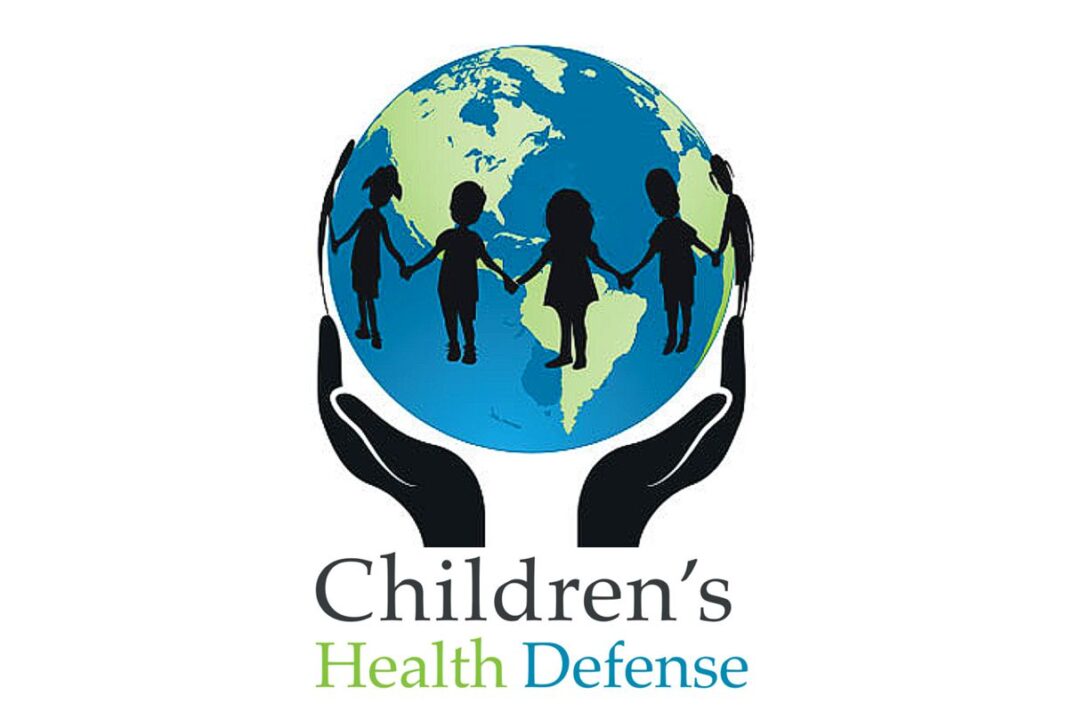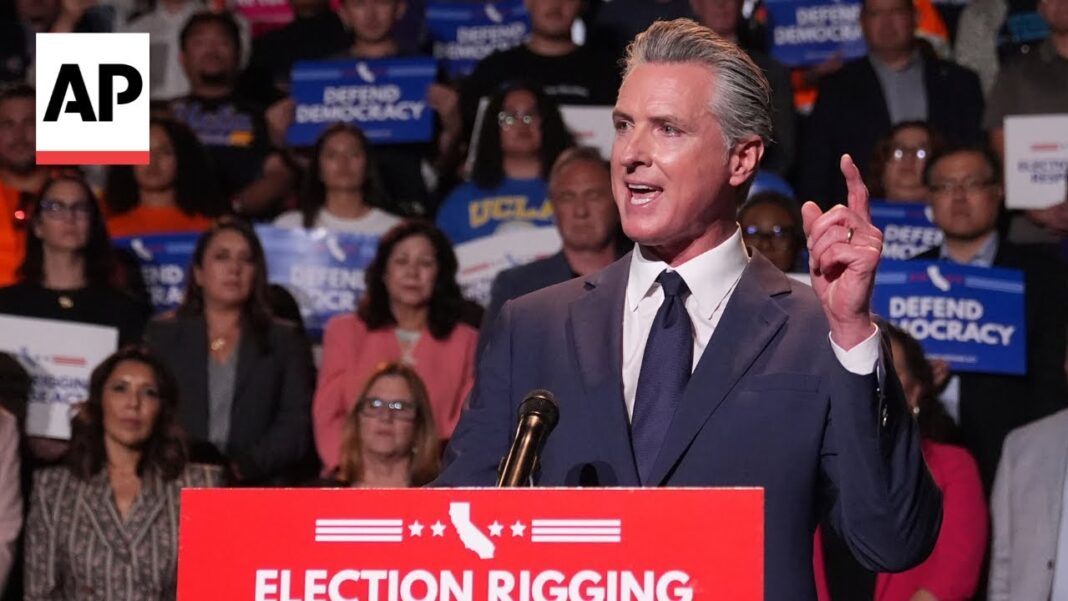The order authorizes up to $750,000 in emergency funding and allows for the deployment of the New Mexico National Guard.
New Mexico Gov. Michelle Lujan Grisham has declared a state of emergency in Rio Arriba County, the city of Española, and the nearby pueblos of Santa Clara and Ohkay Owingeh, citing a sharp rise in violent crime, drug trafficking, and other public safety threats.
With a population of more than 10,000, Española is the largest city in Rio Arriba County—which itself has a population of about 40,000 people, according to the Census Bureau—and is located about 25 miles north of Santa Fe.
The county stretches to the Colorado state line and has long struggled with opioid use and high drug-overdose death rates, with homeless encampments emerging in recent years in more populated areas, according to state officials.
The declaration, issued on Aug. 12 through Executive Order 2025-358, follows requests for assistance from local governments and authorizes up to $750,000 in emergency funding for the state Department of Homeland Security and Emergency Management.
The order also allows for the deployment of the New Mexico National Guard and directs all state agencies under gubernatorial control to assist in response efforts.
According to the governor’s office, police calls in Española have more than doubled over the past two years, while dispatches to businesses in Santa Clara have quadrupled.
Rio Arriba County currently has the state’s highest overdose death rate, driven by fentanyl and other illicit drugs. The surge in crime has been linked to rising homelessness, family instability, and fatal overdoses.
In a July letter to Grisham, Santa Clara Pueblo Gov. James Naranjo urged the state to act, citing the “direct and negative” effects of fentanyl and alcohol abuse on children and warning that the crisis extends beyond the pueblo to the wider community.
“When our local leaders called for help to protect their communities, we responded immediately with decisive action,” Grisham said in a statement.
“We are making every resource available to support our local partners on the ground and restore public safety and stability to these areas that have been hardest hit by this crisis.”
By Chase Smith







